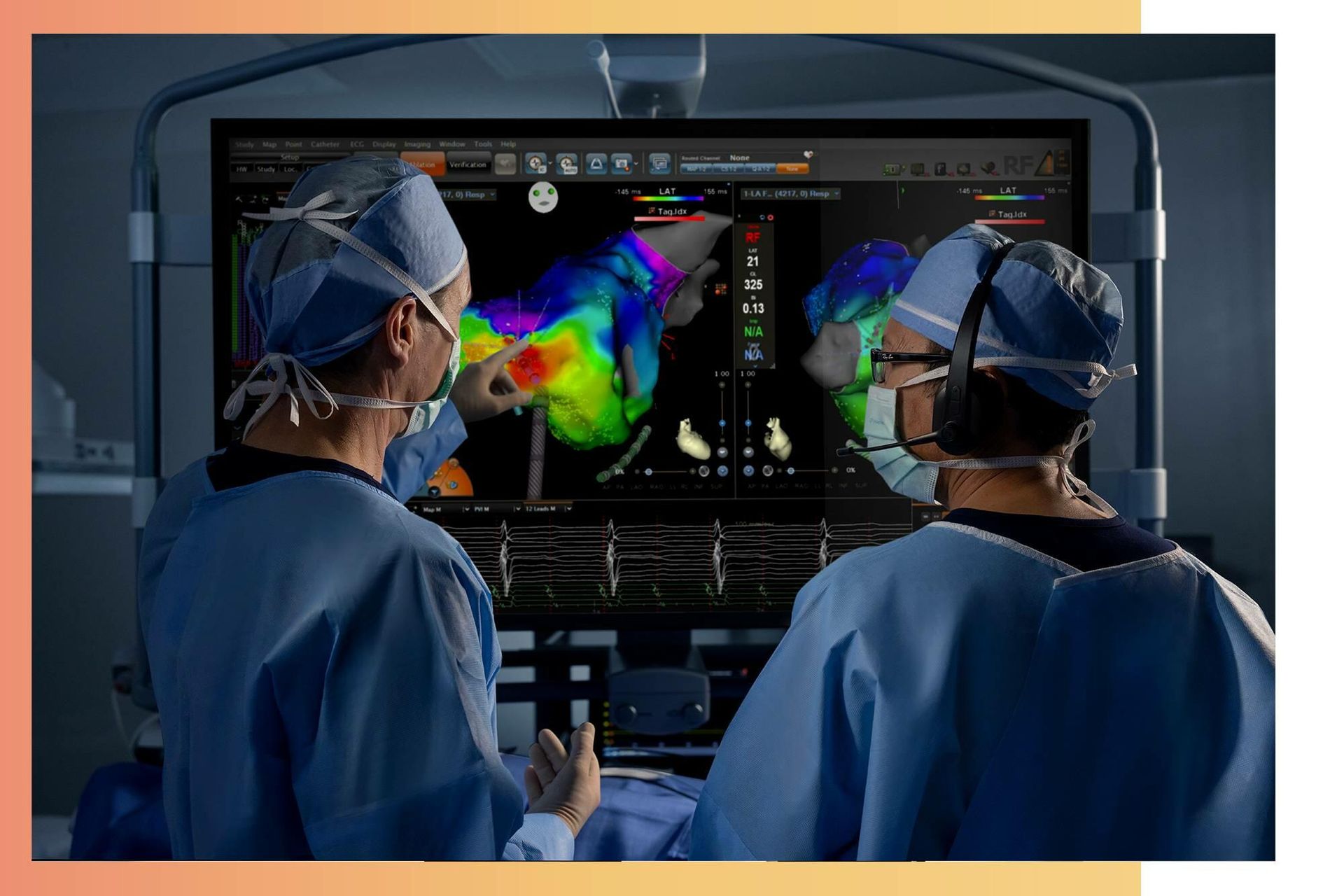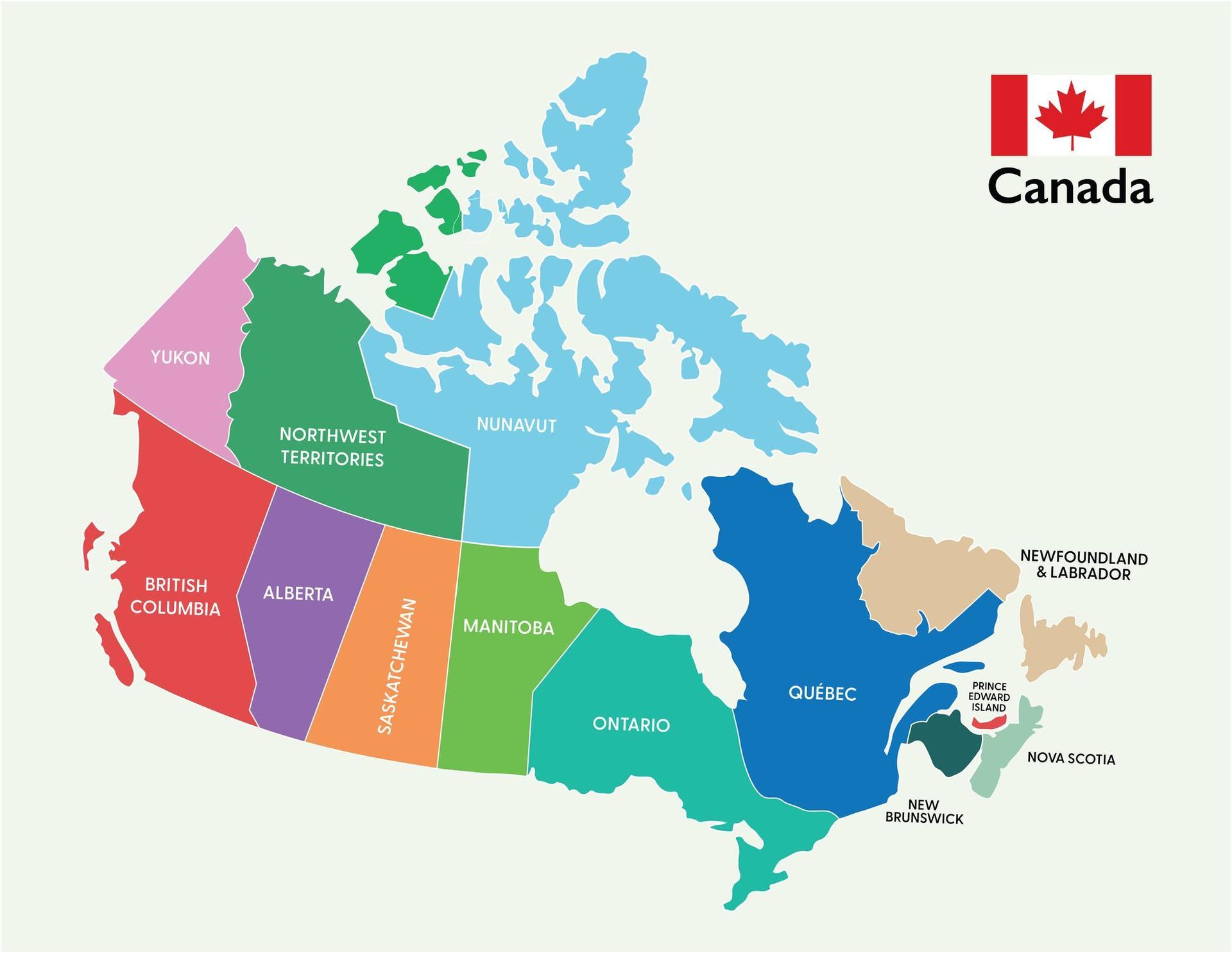Interview Tips for Psychiatrists: How to Impress Your Interviewers
Psychiatry features strongly in the list of shortage medical specialities in most developed countries, offering excellent career prospects for those willing to pursue them. Preparing for a psychiatry job interview requires expert ability to showcase your expertise, interpersonal skills, and capacity to adapt to diverse clinical scenarios during a 45-60 minute interview. Here are some tips to impress your interviewers.
With vacancies in psychiatry at a high level, competition for jobs in this speciality is increasing and candidates must put some thought and time into the development of a strategy for their successful job search. Gone are the days of submitting a hastily drafted generic CV and turning up for interviews without preparation, confident that the number of vacancies exceeds the number of candidates available, making the offer of a job a virtual certainty, regardless of interview performance. More effort is now essential to defeat the competition.
We recommend a job search strategy focused on the selection of branches of psychiatry for specialist and subspecialist interests, the demonstration of the key skills required for a successful career and an expertly drafted CV to demonstrate these skills, or at least an understanding of them. In this article we shall focus on the final stage, that of the job interview. (General technological issues for remote interviews are covered in other articles.)
The Goals of the Psychiatry Job Interview
As with all job interviews, the interviewers wish to ensure that the candidate has the skills required for the position and career, the motivation to do the job well, or at a minimum competently, and the ability to work well with colleagues, often referred to as "cultural fit". In psychiatry, however, there are additional skills unique to the speciality and at variance with other branches of medicine. These are covered in other articles but can be summarised as the ability to think analytically, develop enhanced communication abilities and the capacity of assertive advocacy for patients and mental health services.
In addition to demonstrating possession of the above skills with clinical examples, the candidate must recognise that the interview is a two way process and use it to determine whether the job presents a suitable career opportunity. Regardless of a stellar interview performance and enthusiasm from an interview panel, if the job is not suitable, there is no point in pursuing it. Questions should be put to the interviewers to assess career development prospects, work schedules and scope of work.
1. Understand the Role and Organisation
- Research Thoroughly: Learn about the mental health service, its mission, specialist services, patient demographics, and treatment approaches. Try to understand its goals and aspirations and find out about any projects or plans for new services or development of existing services. Study the job description, its responsibilities and alignment with the goals of the department. Try to ascertain if this job offers you the right career opportunity in terms of scope of work and career development to the extent possible from websites, job descriptions and personal contacts.
- Tailor Your Responses: Highlight experiences and skills relevant to the psychiatry practice, such as working with similar patient populations or specific psychiatric treatments.
2. Prepare for Common Questions
Here are some questions you might encounter:
- Why psychiatry?: Reflect on your motivations and passion for the field and show a genuine and convincing interest.
- Why this hospital/clinic?: Provide a convincing answer as to your reasons for this choice.
- Why this location?: Common when you are relocating for a job and deserves a rational and reasoned response
- Career goals: A well thought out career plan is impressive
- Clinical scenarios: Be ready to discuss case studies where you handled complex diagnoses or challenging patients.
- Teamwork: Highlight experiences collaborating with interdisciplinary teams.
- Self-care: Share strategies you use to manage stress and avoid burnout, demonstrating self-awareness.
Practice concise, structured answers using frameworks like STAR (Situation, Task, Action, Result).
3. Showcase Your Clinical Expertise
- Stay Updated: Be prepared to discuss recent advancements or controversies in psychiatry.
- Cultural Competence: Highlight your ability to adapt care to diverse cultural and socioeconomic contexts.
- Handling Stigma: Show sensitivity and strategies to help patients overcome the stigma related to mental health.
4. Highlight Soft Skills
Psychiatry requires excellent communication, empathy, and problem-solving skills:
- Empathy: Share examples where your empathetic approach led to positive outcomes.
- Conflict Resolution: Be ready to discuss managing conflicts, either with patients, families, or colleagues.
- Patient Engagement: Demonstrate your ability to build trust and motivate patients to participate in their care.
5. Prepare Your Own Questions
- Ask thoughtful questions to show interest and assess the fit of the job:
- What is the typical patient demographic here?
- What is the scope of practice?
- How does the organisation handle work-life balance for its psychiatrists?
- Are flexible work schedules available if sought?
- Are there opportunities for professional growth, research or teaching?
- Are there opportunities for subspecialist interests?
- Are there options to take sabbatical leave?
6. Dress Professionally and Maintain Professionalism
Many interviews are conducted remotely with video technology, but the same principles apply as for on site interviews. The latter are preferable where possible given time and travel constraints because they offer an excellent opportunity to assess the healthcare facility and staff dynamics and culture.
- Wear formal, professional attire.
- Arrive early, be courteous to everyone, and maintain a confident yet approachable demeanor.
7. Follow Up
- Send a thank-you email within 24 hours, expressing gratitude for the opportunity and reiterating your interest.
8. Practice Interview Techniques
- Conduct mock interviews with a colleague or mentor.
- Record yourself to review your tone, body language, and clarity.
Taking the time to review these tips and implement them in your job interviews can make the difference to your interview success rate.
What’s Next?
Take your career to the next level by registering your CV with Odyssey Recruitment. Our platform connects talented psychiatrists with top healthcare organisations worldwide.
- Register Your CV: Showcase your qualifications and experience to potential employers.
- Search for Jobs: Explore a range of opportunities tailored to your expertise and preferences.
Don’t miss out on your ideal role, register today and let us help you find the perfect match for your career aspirations!
23 November 2024
Share this post on Social Media


















